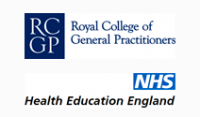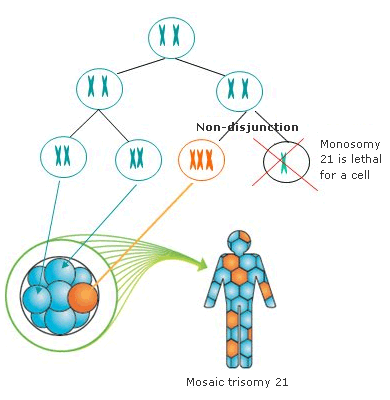Interpreting Family Histories and Identifying Patients Part 3 course for GPs



This session is one of three sessions that consider the main classes of genetic conditions. Here we cover chromosome anomalies.
This session was reviewed by Khyati Bakhai and last updated in January 2019.
Learning Objectives
By the end of this session you will be able to:
- Recognise the types of clinical features that are often associated with changes in the number or structure of chromosomes
- Interpret a family history/family tree for patterns which might suggest an inherited chromosome anomaly
- Describe how genetic probability is estimated for chromosome anomalies
The main classes of genetic disorders include single gene, chromosomal and multifactorial conditions as explored in session:Why Does Genetics Matter in Primary Care Practice? (400-0079). This session considers anomalies affecting chromosome number and structure.
Before commencing this session you should complete sessions:
- Why Does Genetics Matter in Primary Care Practice? (400-0079)
- Taking and Drawing a Genetic Family History – Theory (400-0080)
- Taking and Drawing a Genetic Family History – Scenario (400-0081)
- Interpreting Family Histories and Identifying Patients Part 1 (400-0082)
- Interpreting Family Histories and Identifying Patients Part 2 (400-0083)
Peter Farndon has retired from his longstanding clinical, teaching, research, policy development and committee roles in genetics but is still actively involved in the British Society for Genetic Medicine.
Formerly Professor of Clinical Genetics and Consultant Clinical Geneticist in Birmingham, Peter was involved with the practical application of genetics for patients for nearly 25 years. He has had a long standing interest in genetic education, and in 2004 set up the NHS National Genetics Education and Development Centre, leading the team as the Centre’s director.

- Assessing Mental Capacity in Older People course f...
- Posted By eIntegrity Healthcare e-Learning
- Posted Date: 2024-11-05
- Location:Online
- Mental capacity is the ability to take actions affecting daily life. This session provides an overvi...
- Long-term Care of People with Dementia course for ...
- Posted By eIntegrity Healthcare e-Learning
- Posted Date: 2024-11-05
- Location:Online
- This session looks at the broader aspects of providing long term care for people with dementia, incl...
- Detecting Dementia in Primary Care course for GPs
- Posted By eIntegrity Healthcare e-Learning
- Posted Date: 2024-11-05
- Location:Online
- This session describes an approach to understanding the signs and symptoms of dementia in primary ca...
- Acute Confusion and 'Off Legs' course for GPs
- Posted By eIntegrity Healthcare e-Learning
- Posted Date: 2024-11-05
- Location:Online
- Common in older people, delirium, also known as acute confusional state and 'off legs' have subtle f...
- Falls Assessment in Older People course for GPs
- Posted By eIntegrity Healthcare e-Learning
- Posted Date: 2024-11-05
- Location:Online
- A third of people over the age of 65 will have at least one fall in the next year. Management in pri...





